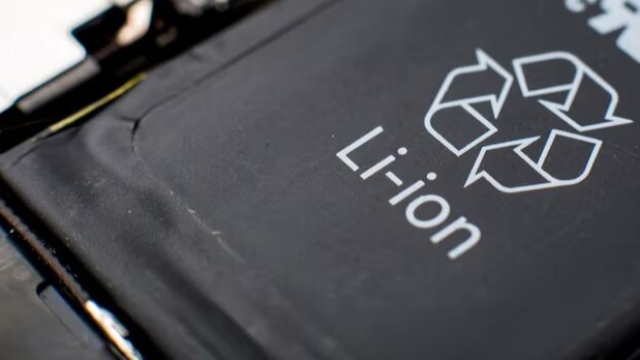
Image: Brent Lewin/Bloomberg via Getty Images
Toxic PFAS “forever chemicals” used in lithium ion batteries essential to the clean energy transition present a dangerous source of chemical pollution that new research finds threatens the environment and human health as the nascent industry scales up.
The multipronged, peer-reviewed study zeroed in on a little-researched and unregulated subclass of PFAS called bis-FASI that are used in lithium ion batteries.
Researchers found alarming levels of the chemicals in the environment near manufacturing plants, noted their presence in remote areas around the world, found they appear to be toxic to living organisms, and discovered that waste from batteries disposed of in landfills was a major pollution source.
The nation faces “two critical challenges – to minimize aquatic pollution and increase our use of clean and sustainable energy, and both are worthy causes”, said Jennifer Guelfo, a Texas Tech University researcher and study co-author.
“But there’s a bit of tug-of-war between the two, and this study highlights that we have an opportunity now as we scale up this energy infrastructure to do a better job of incorporating environmental risk assessments,” she added.
PFAS are a class of about 16,000 human-made compounds most often used to make products resistant to water, stains and heat. They are called “forever chemicals” because they do not naturally break down and have been found to accumulate in humans. The chemicals are linked to cancer, birth defects, liver disease, thyroid disease, plummeting sperm counts and a range of other serious health problems.
Source: The Guardian